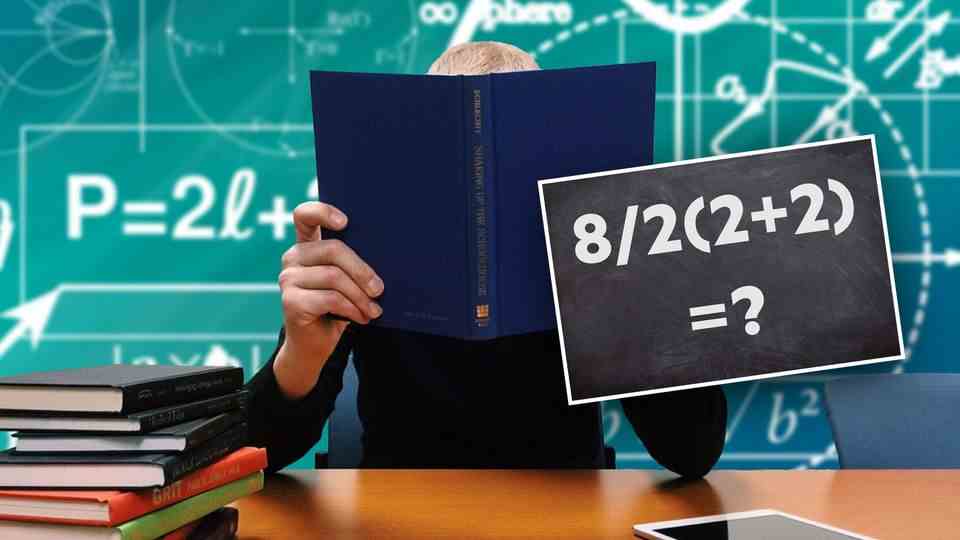Fields Medal
June Huh dropped out of school at 16 to write poetry – now he has won the “Nobel Prize in Mathematics”
Mathematician June Huh with the Fields Medal
© Vesa Moilanen / Picture Alliance
June Huh was not an outstanding student. He was actually drawn to poetry, but via detours he eventually became a mathematician – and has now received the highest award in his field.
June Huh beamed from ear to ear when he received the Fields Medal during a ceremony in Helsinki. The medal is the highest scientific award for mathematicians and is often referred to as a kind of “Nobel Prize for mathematics” – with the difference that Nobel Prizes are awarded every year, but the Fields Medal only every four years. For a long time, the 39-year-old himself had probably not expected that he would be given this honor.
Huh’s path to the top of his field took many detours. For a long time he even had nothing to do with mathematics. Even when he got the medal, he still wasn’t sure exactly why he was awarded in the first place: “To be honest, I don’t know,” said Huh. “But I have suspicions.” The Princeton University professor deals primarily with complex problems in the field of combinatorics in algebraic geometry.
Fields Medal: June Huh actually wanted to be a poet
Huh was born in California, his parents then emigrated to Seoul. His father taught statistics there, but his passion for numbers didn’t seem to spread to his son at first. When his father gave him math problems, Huh always found ways to get the answers. His school performance was only mediocre. “I knew I was smart, but I couldn’t prove it with my school grades,” he told Quanta Magazine in 2017.
In general, he felt more attracted to language. At the age of 16, Huh dropped out of school to write poetry. But that didn’t satisfy him either: The writing process was difficult for the young poet, and he often found dealing with his own inner being depressing, he told “Quanta”: “I wanted to be someone who wrote great poems. But I didn’t want any write great poems.”

He only got into mathematics at the age of 23
He quickly rejected the idea of a great career as a poet. Instead, he considered becoming a science journalist and took courses in astronomy and physics at university. But here, too, he lacked perspective: “I was generally lost, I didn’t know what to do or what I’m good at.”
As a student, he came to mathematics rather by accident: a lecture by the maths professor Heisuke Hironaka inspired him. Hironaka did not provide any ready-made answers in his lectures, but rather let the students participate in his reflections: “Basically, he just talked about what he was thinking about yesterday.” Many were overwhelmed, of the 200 participants only five were left in the end – one of them was June Huh. At the age of 23 he dealt with complex mathematical problems for the first time, 16 years later he received the highest award in his field.
In retrospect, Huh’s detour via poetry doesn’t surprise him: “Both feel like you’re grasping something that’s actually already there, not like something you create out of your own mind.” The mathematician only works three hours a day, he usually doesn’t manage to concentrate for longer – be it on mathematical problems or organizational tasks. “Then I’m exhausted,” he says. “Doing something valuable, meaningful, creative takes a lot of energy.”
Sources: “Quanta Magazine” / “New York Times”


